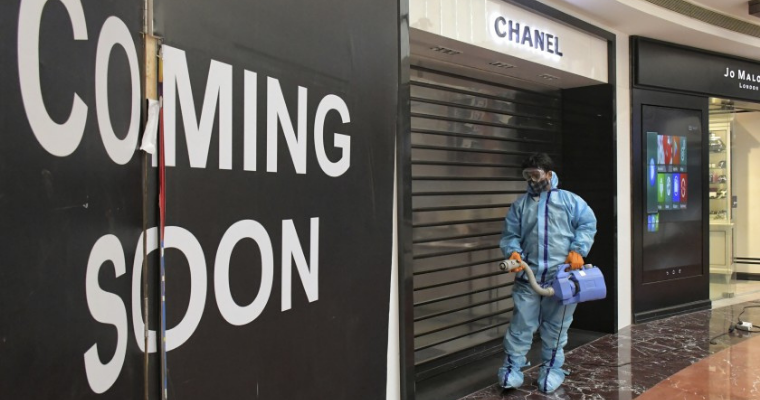Major of the Indian states, which have been the hotspots of covid cases, are seeing a fall in the massive number. The National capital Delhi and Mumbai are among those cities which are opening partially.
This is coming as an awakening from the crushing second wave. This wave has caused a crisis in the hospital beds, medicines, and even in the oxygen. But the experts are continuing with advising the precautions amidst this lagging of the vaccine drive. Also, they are alerting about the threat which this new variant is imposing.
India has managed to administer more than 230 million jabs of the Covid vaccines. However, less than four percent of the 1.4 billion people have been completely vaccinated. It is also struggling to speed up this drive across the country. It is because of the botched rolling out which has seen the demand outstrip supply.
Among all other things, it is also allowing higher prices for the jabs in the private hospitals. It has skewed the access on a heavier scale in favor of the urban areas and for those who can afford to pay. Vaccine hesitancy is still a challenge in rural areas. India is reporting nearly 101000 new infections on Monday.
Also, there are more than 2400 deaths. However, it is far lower than the 400000 daily cases which it recorded about a month ago. It has managed to register some 28 million cases with 349000 deaths. But the experts are saying that the actual toll is much higher.
Delhi’s chief minister Arvind Kejriwal is saying that there will be more restrictions if the covid cases continue to fall. He also added that his government is preparing for the third wave. The Delhi metro is a major transportation system in India. The shops in the city will take the turn to open on alternate days to limit the crowding.
In Mumbai, shops and restaurants can reopen. However, the malls and cinemas will remain shut.
In Uttarpradesh, the covid restrictions have been lifted in a few of the districts. But the curfew will continue every night and on the weekends. Haryana is allowing the shops and the malls, and places for worship to open. But it cannot allow more than 21 people at one time.
Credits: BBC










Comments are closed.